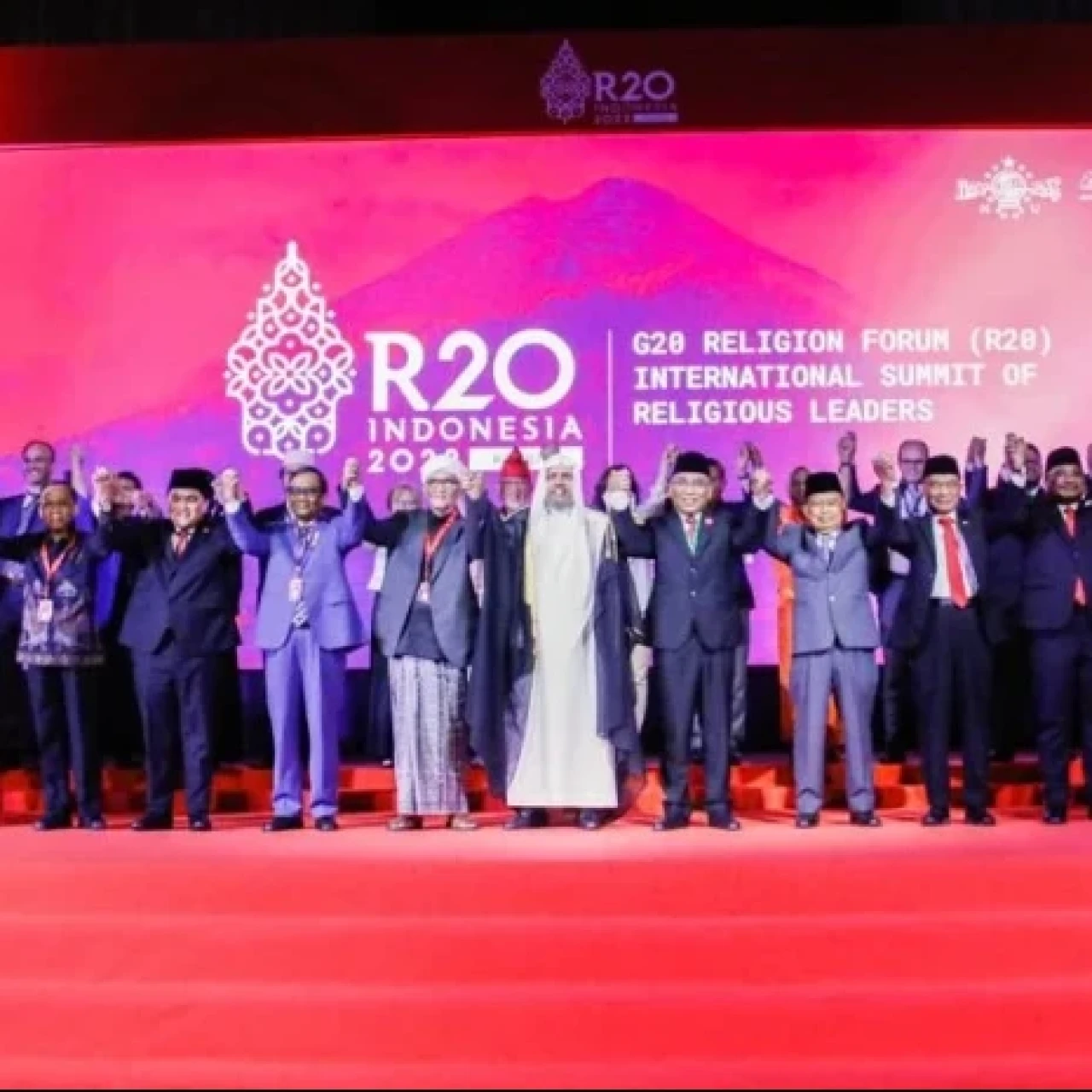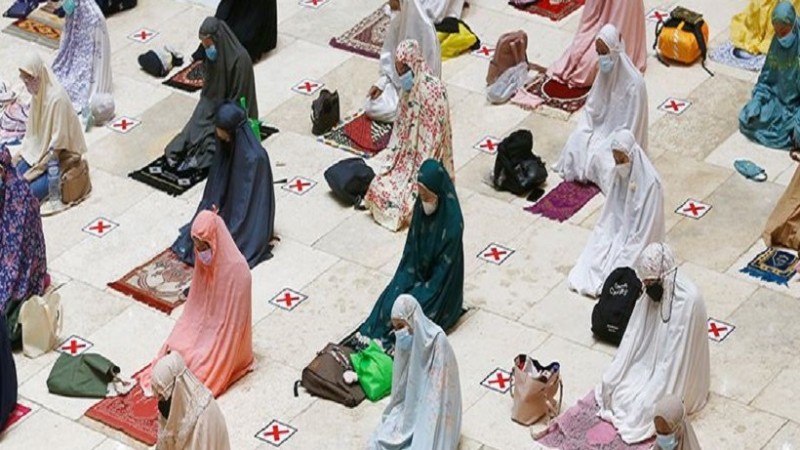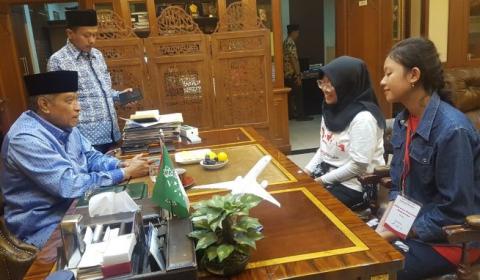Dino Patti Djalal
Former Indonesian ambassador to the US, founder of the Foreign Policy Community of Indonesia (FPCI)
The recent attack by a white supremacist in Christchurch, New Zealand, revealed to us what the most extreme form of Islamophobia can be. The terrorist had reportedly developed a burning hatred of the growing number of Muslims that he saw as “invading his land”. Analysts have pointed out that if this could happen (of all places) in New Zealand, it could happen anywhere.
The rare attack was also a manifestation of the historic “Abrahamic” problem. Relations among the Abrahamic religions of Islam, Christianity and Judaism remain fraught with negativity, tension and hostility. At times they do result in oppression, discrimination and persecution.
This should not surprise us. In the past 2,000 years, there has never been a century where Muslims, Christians and Jews lived in total peace worldwide. In each century, at least two or all three of the religions’ followers were in conflict somewhere. In the 20th century, the unresolved Arab-Israeli conflict — with Palestine at the heart of it — has strained ties between Muslims and Jews, many of whom are unaware that the conflict between Palestine and Israel should not mean a conflict between Islam and Judaism.
True, the world has much improved. The United Nations Charter — as do other such charters — promotes religious freedom and tolerance. Multiculturalism is a global political norm, connectivity is rising and interfaith conferences are flourishing. All good things indeed.
Yet, none of the above changes the fact that at the grassroots, there is still much negativity among the Abrahamic religions. Keep your ear to the ground and you will hear various degrees of negativity: from sheer ignorance, to discomfort, suspicion, resentment, hatred and violent opposition. Yet, while we are sensitive to racial bigotry, we still tend to have a blind spot for religious bigotry.
Consider the following surveys:
* A survey by the Syarif Hidayatullah Islamic State University found that of 63 percent of Muslim teachers harbored intolerant views of other religions;
* The Anti Defamation League found that over 1 billion people held anti-Semitic views.
* A Pew survey reported unfavorable opinions against Muslims and Jews were on the rise in Europe, especially among the political right andeastern Europe.
* A Pew survey found white evangelicals expressed more concerns about American Muslims than any other religious group. Two-thirds contend Islam encourages violence more than other faiths; 72 percent of white evangelicals — compared to 44 percent of Americans overall —see a natural conflict between Islam and democracy.
* A Pew survey in the Middle East found less than 5 percent held favorable views toward Jews. Interestingly, 45 percent of Muslims in Israel held favorable views toward Jews.
*A Pew survey in 2018 found religious restrictions were rising worldwide — 42 percent of the 198 countries surveyed. Christians are restricted or harassed in 144 countries, Muslims in 142 countries and Jews in 87
countries.
To assume that this problem is harmless and will go away naturally is wishful thinking.
Religiosity, except perhaps in North America and Europe, is on the rise. Religions generally make people kinder and more compassionate. Eighty-four percent of the world population is said to identify with a particular religion.
But what should make us cringe about the future is the confluence of several factors.
First, religion is increasingly commoditized for political purposes, as an effective vote getter and tool for mass mobilization.
Second, religion is increasingly used to support or challenge the sensitive issue of national identity (e.g. Israel as a “Jewish state”).
Third, there is a growing narrative, often with misrepresented religious verses, espousing resentment to other Abrahamic religions.
Fourth, religion is tied to growing social, cultural and political insecurity, such as how eastern European countries are responding to the influx of Muslim refugees from the MiddleEast.
And fifth, more terrorist groups are clearly identifying members of the other Abrahamic religions as enemies to be fought and killed. We are seeing more attacks on mosques, synagogues and churches. The suicide bomb of a church committed by a whole family in Surabaya, East Java, is a case in point.
The best way to arrest this gloomy picture is through a two-pronged strategy: from top and bottom. Attacking from “the top” means for Abrahamic religious leaders to lead the way to undo negativity and promote tolerance. The recent declaration by Nahdlatul Ulama, Indonesia’s largest Islamic organization, calling on Muslims to refrain from labeling non-Muslims kafir is a good example of leadership in reshaping the traditional narrative.
Meanwhile interfaith conferences are experiencing fatigue, with repetitive conversation among like-minded moderates. And often the religious leaders attending these conferences do not send the same messages to the grassroots.
Attacking the problem “from below” is trickier. The problems at the grass roots are more serious than at the top. Suspicions, usually reflected in sermons, have been entrenched for generations. There is a need for innovative methods — and greater courage — to melt hard souls.
I have found that the best way to change mindsets at the grassroots is by exposing local religious leaders to an eye-opening experience.
In 2012, when I served as ambassador to the United States, I arranged a three-week “Abrahamic journey” where Indonesian Islamic (and other religious) leaders joined American Jewish rabbis (and Christian priests) on a peace mission to the MiddleEast and Washington, DC.
Some of the Indonesian delegates had not met a Jewish Rabbi before. After many conversations over meals and coffees, long flights and bus trips, and shared problems at the borders, the Muslims began to develop a friendlier attitude toward the rabbis. Ditto for the rabbis. The journey somehow undemonized and rehumanized the other side.
The journey taught me that ignorance and prejudice can be broken by meaningful (and lengthy) shared experience. Similarly as a Muslim teenager, I had not met a Jew, but my negative opinion about them was informed by sermons I heard at the mosque.
Then I moved to New York, lived in a Jewish neighborhood, had many Jewish friends and somehow my anti-Semitism disappeared. From real connections I developed not just tolerance but also respect for the other Abrahamic religions. Respect is stronger than tolerance.
After Christchurch, I don’t know how many more attacks will come to any of the Abrahamic religions, from whom and where they will happen. Unless we permanently reform the state of Abrahamic relations, especially at the grassroots, neither peace, democracy nor development will be sustainable in the 21st century.
***
The writer is a former deputy foreign minister and founder of “1,000 Abrahamic Circles”, a program of the Foreign Policy Community of Indonesia. Adopted from The Jakarta Post.
Terpopuler
1
Khutbah Jumat: Ramadhan dan Kesempatan yang Tidak Selalu Terulang
2
Innalillah, Ulama Mazhab Syafii asal Suriah Syekh Hasan Hitou Wafat dalam Usia 83 Tahun
3
Khutbah Jumat: Ramadhan, Melatih Sabar, Memperkuat Syukur
4
Kultum Ramadhan: Lebih Baik Sedikit tapi Istiqamah
5
Keluar Mani yang Tidak dan Membatalkan Puasa
6
Khutbah Jumat: Tiga Kebahagiaan Orang Puasa
Terkini
Lihat Semua














